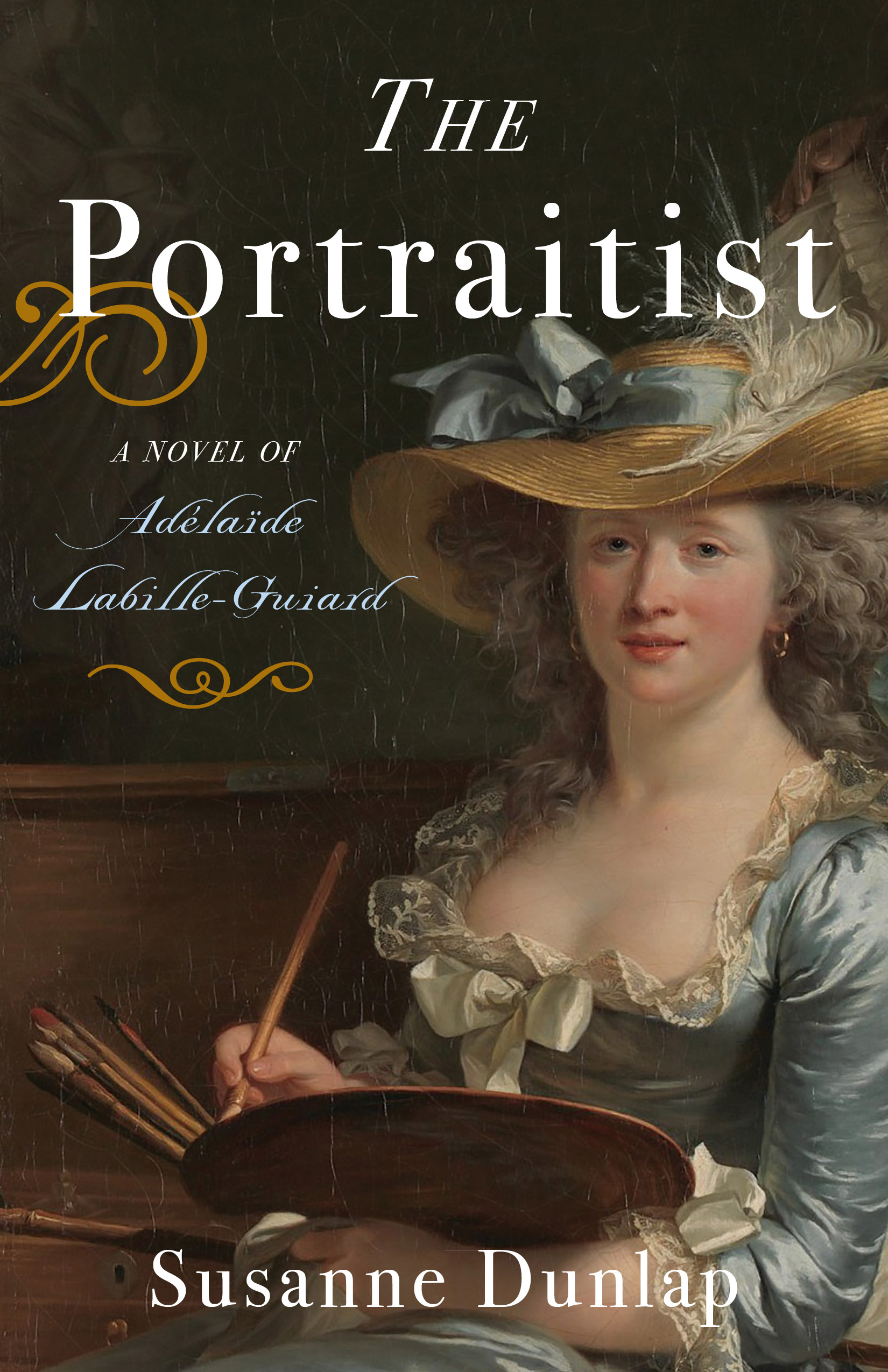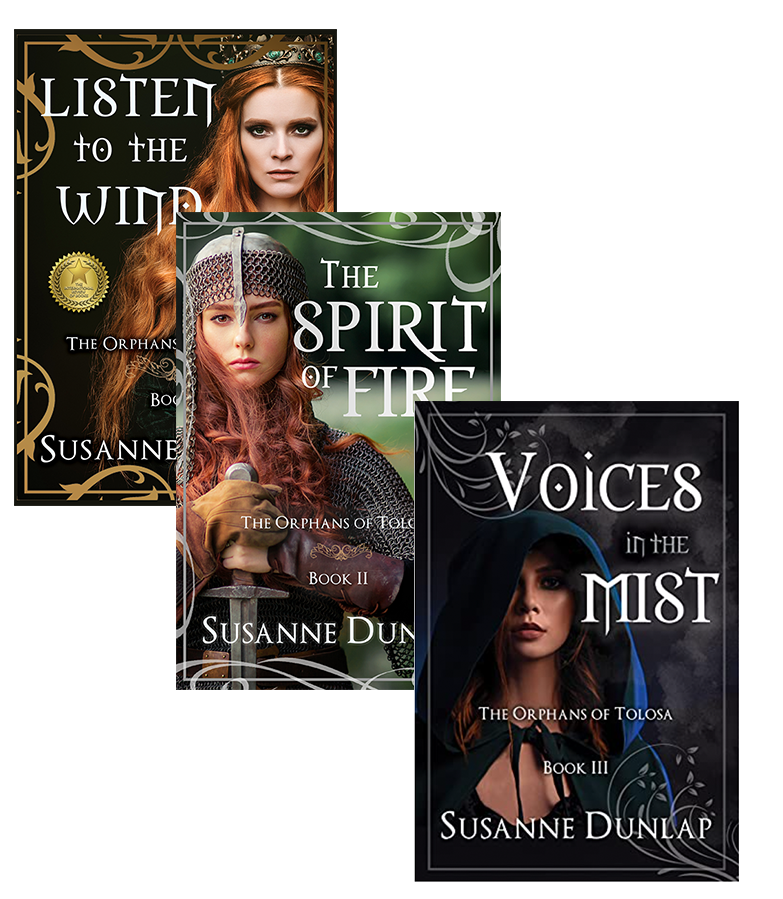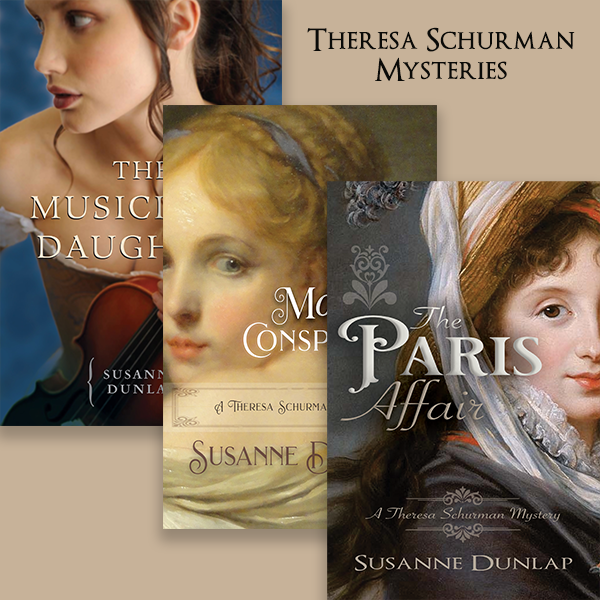History Taught Me
About Storytelling.
Coming August 30
from She Writes Press!
“Deeply researched and imagined, The Portraitist offers a fascinating and dramatic plunge into the world of a brilliant female artist struggling to make her mark before and during the turbulent and treacherous era of the French Revolution. I loved this novel.”
As many people point out, the word “story” is embedded in the word “history.” But so is “his,” and that simple fact is a large part of what has led to my career as a historical novelist. Almost since writing was invented, the recorders of history have been men who valued the things that men did: fight wars, conquer nations, compete, be the tortured genius. They didn’t see the women’s sphere as of any importance at all, since women’s contributions to those masculine pursuits were at best indirect, at worst nonexistent.
As a graduate student at Yale in the 1990s, I noticed the same masculinization of the musical canon, and decided to observe music history through a feminist lens, foregrounding forgotten or underappreciated women in music and teasing out the misogyny and androcentricity of Western music. My published dissertation, Armida and Rinaldo in Eighteenth-Century Vienna: Context, Content, and Tonal Coding in Viennese Italian Reform Operas (I know, a mouthful), was the culmination of my studies.
The move to fiction
It was a natural progression for me to take that interest in women’s music history into my historical fiction, and that’s what I’ve done in over a dozen novels. In fact, it’s the one element that ties all my books together. I delve into different time periods and places and vacillate between historical protagonists and fictional ones, young adult and adult audiences—unlike many of my fellow historical novelists, who choose a period or place and stick to it. My locus is simply wider: women, and the arts, because artistic genius was coopted by men in the nineteenth century, and women still lag in gaining respect and recognition.
Historical novelists look for narratives that can be crafted into compelling stories. We do the research—we love the research. We’re just seeing it a bit differently, finding the interstices where we can let our imaginations loose and bring characters to life.
“Susanne Dunlap’s sweeping saga captivates readers’ imaginations from the first page, plunging them back into the Languedoc region of France in the 13th Century. “
“[The Paris Affair] This sparkling historical mystery conjures up the salons, fashion, and gossip of Marie Antoinette’s Paris, with a winning emphasis on the power of music and the roles that society allowed women.“



